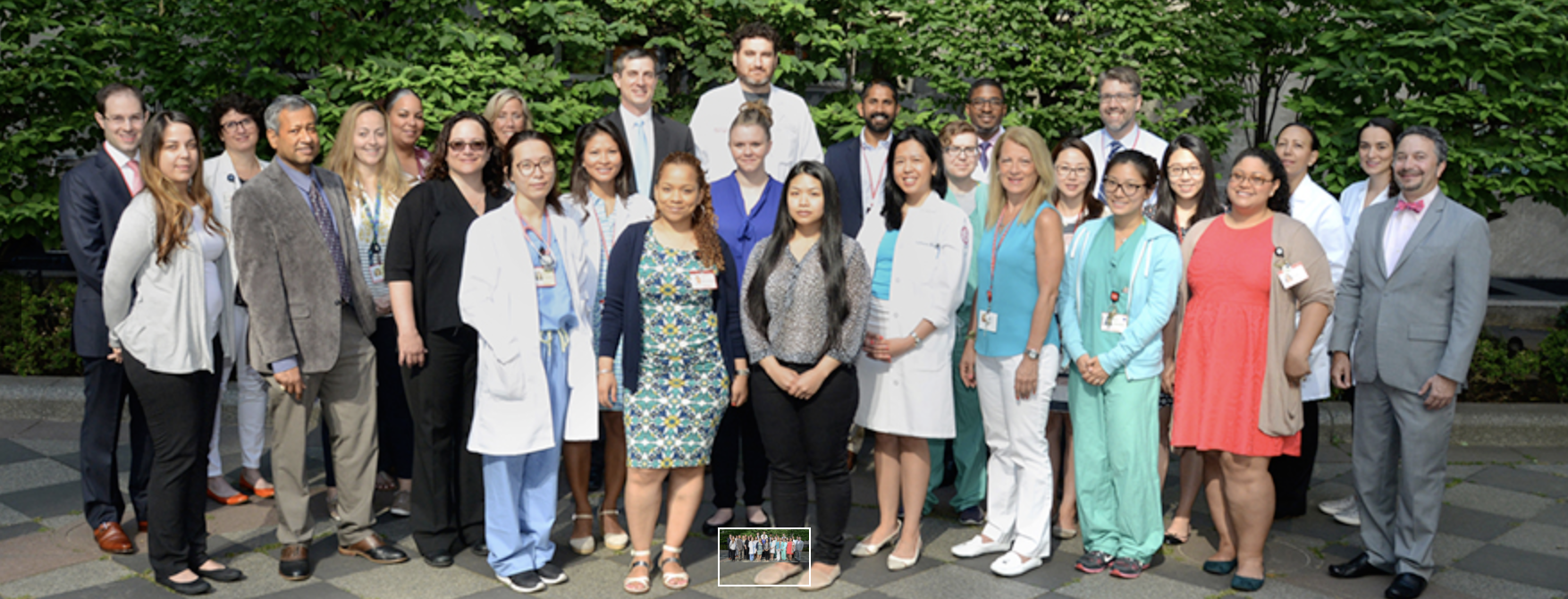
A surgeon-scientist, Dr. Chandwani is also Principal Investigator of the Laboratory of Cancer Epigenetics at Weill Cornell Medical College, where he studies the epigenetic dysregulation of pancreatic and liver cancer.
We hope you enjoy learning more about Dr. Chandwani’s work.
Please provide a brief overview of your background and work.
I’m an Assistant Professor in the Section of Hepatopancreatobiliary Surgery and Liver Transplantation in the Department of Surgery at Weill Cornell Medicine, a member of the Center for Advanced Digestive Care, the Cancer Genetics and Epigenetics Program in the Meyer Cancer Center, and the Molecular Biology program in the Graduate School.
I was trained in surgical oncology and specialize in pancreatic and liver surgery with a clinical focus in pancreatic cancer and metastatic colorectal cancer. I also have significant clinical expertise in the breadth of HPB surgical oncology, including pancreatic cysts, pancreatic neuroendocrine tumors, and cholangiocarcinoma.
As a surgeon-scientist, I’m also Principal Investigator of the Laboratory of Cancer Epigenetics at Weill Cornell Medical College, where I study the epigenetic dysregulation of pancreatic and liver cancer.
What makes your research unique? Can you share some recent findings?
I study the chromatin dependencies and dynamics of normal cells undergoing loss of lineage specification in the transition to neoplasia. I have identified the chromatin specification of tumor initiation in pancreatic cancer, demonstrating that acinar-ductal metaplasia is a histologic phenomenon that does not correlate with cell identity. Moreover, I have implicated pioneer transcription factors in the chromatin reorganization necessary for tumor development. This unique approach consists of using epigenomic interrogations applied to in vivo lineage-traced models to function as a screening tool to identify novel molecular susceptibilities.
What excites you about your work?
The ability to take a chromatin-based approach to the process of tumor initiation can reveal much more than genetics alone, and can broaden the scope of our molecular understanding of how cells are rewired in tumorigenesis.
When thinking about your research, what are some recent breakthroughs that are propelling the field forward? How will they impact healthcare and patient care in the future?
The progress made with respect to input requirements for chromatin-based research has allowed us to characterize epigenetic landscapes in fewer and fewer cells. These breakthroughs allow us to gain more complete information about tumor cells and identify the cell-autonomous features of tumor initiation. In turn, this knowledge could provide the basis for more accurate means of early detection than the genetic tools at our disposal currently.
What are the short-term challenges that your scientific field is facing?
The field of cancer epigenetics continues to identify chromatin-based dependencies across a range of cancer types, but this has yet to translate into meaningful therapeutics. While we think of histone modifications and, more broadly, chromatin states as being potentially alterable, we have yet to generate impactful epigenetic therapeutics.
# # #
